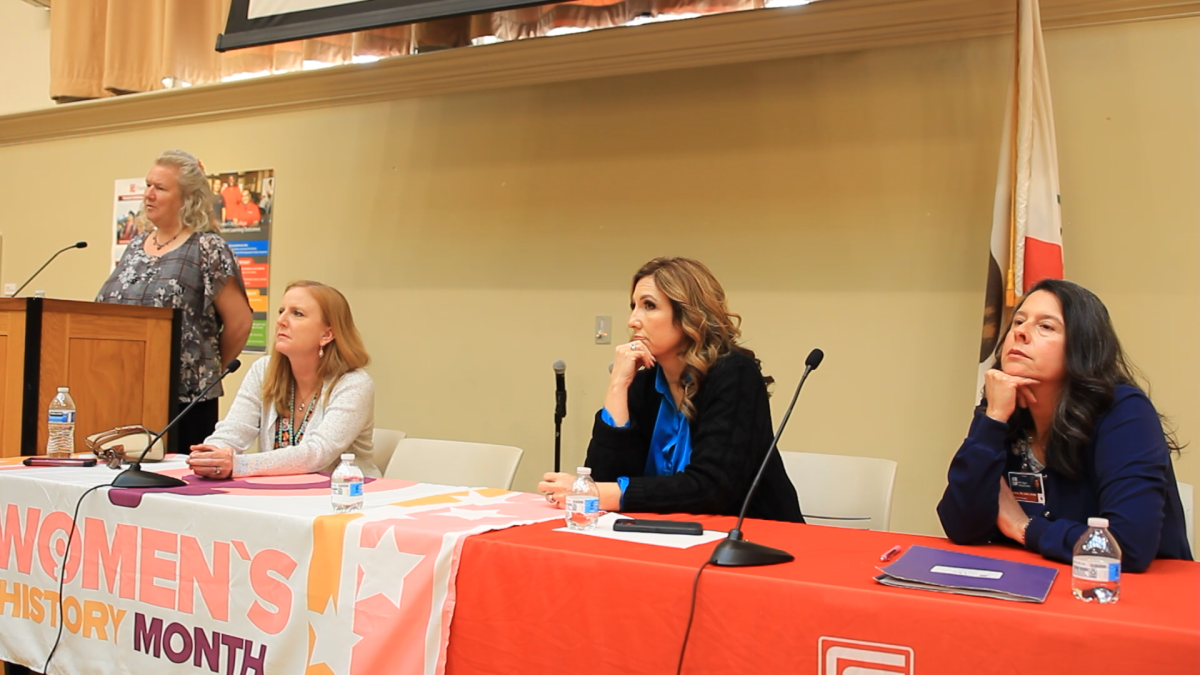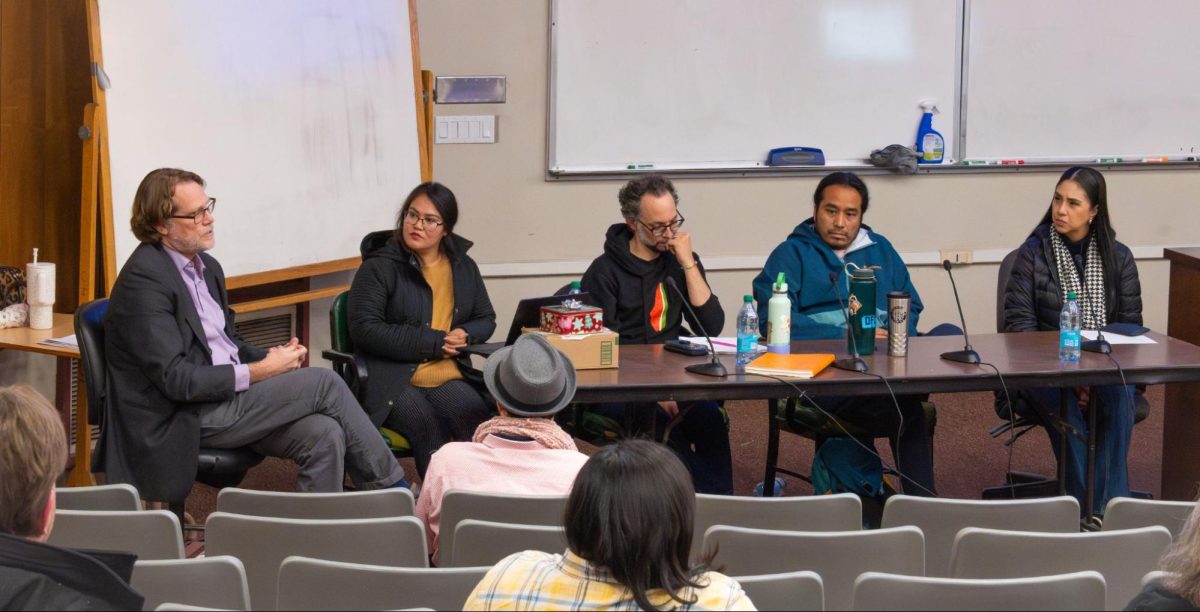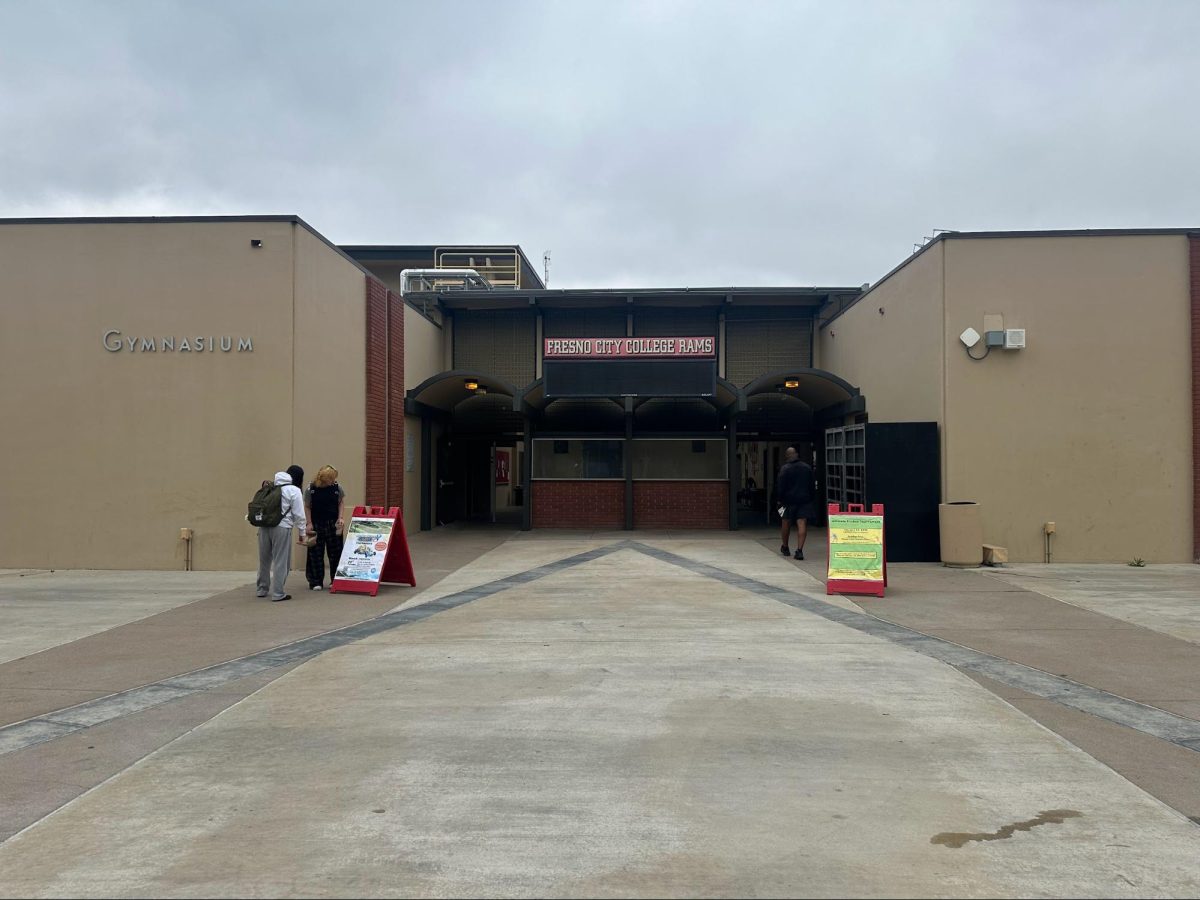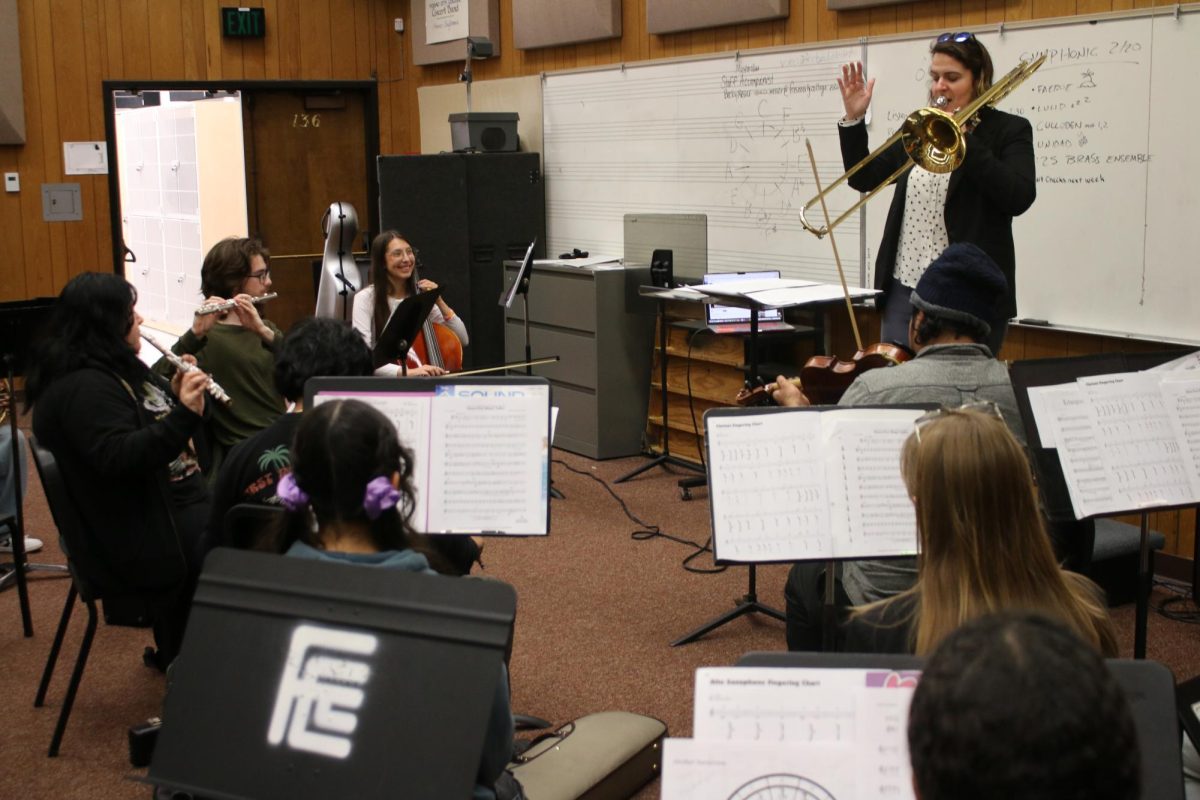In the immediate aftermath of the great recession, revenue streams are tight and resources are scarce. Proposition 31 proposes several constitutional changes, including some unprecedented changes, to the budget and expanded regulatory control for local governments.
Under the proposition’s guidelines, the state would lose revenue. The Legislative analyst’s fiscal impact report estimates “decreased state sales tax revenues of about $$200 million annually, with a corresponding increase of funding to certain local governments.”
If enacted, the initiative would make several changes to state and local governments including the creation of a two-year state budget cycle. Currently, only Montana, Nevada, North Dakota and Texas have biennial budget cycles.
To promote transparency the voter’s guide states that the initiative would require the “publication of bills at least three days prior to legislative vote.”
Proposition 31 also changes how the state secures funding for new expenditures, including during an emergency. The voter guide states that the law would prohibit “Legislature from creating expenditures of more than $25 million unless offering revenue or spending cuts are identified.”
If the measure passes, some state revenues would be transferred “to counties in which local governments implement plans to coordinate their public services.”
The proposition grants authority to local governments to more freely spend state funds. Changes would allow locals appeal to the state to attempt to reallocate how their portion of state revenue is spent.
The voter’s guide states that the initiative allows “local governments to alter how laws governing state-funded programs apply to them, unless Legislature or state agency vetoes changes within 60 days.”
In addition, the guide states that Proposition 31 would mandate “performance reviews of all state programs.” The measure also requires “performance goals in state and local budgets.”
Some of the proposition’s constitutionality regarding this local authority over state funding remains untested. If passed, that authority is likely to be challenged in court.
Proposition 31 is one of the most complicated and sweeping initiatives on the ballot this election year. For much more information regarding the proposition’s many proposals, consult the official voter information guide.






